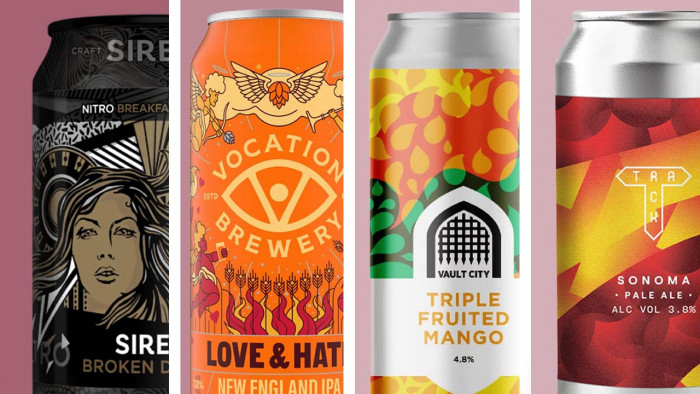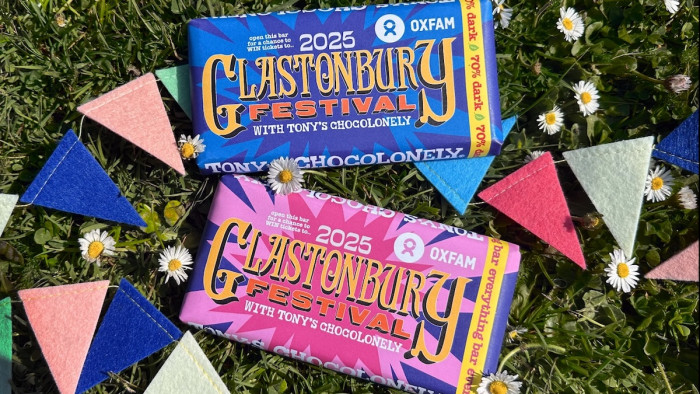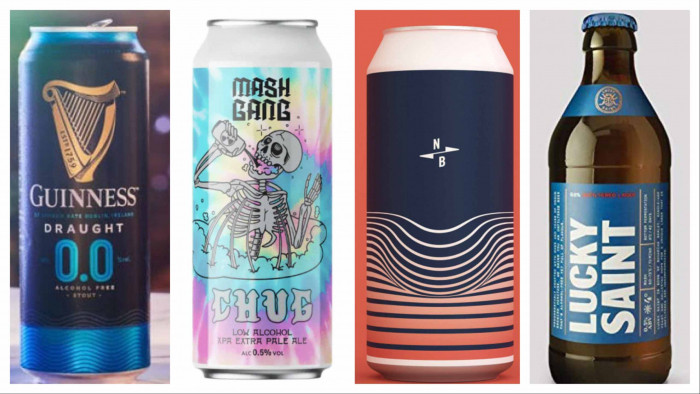It turns out if you give "seductive names" to vegetables, more people will eat them
Ooooh, those carrots are sexxxxay


A thing that I and most toddlers can agree on, is that the vegetables are the worst part of every meal (and chips are the best). So it’s always a good idea to try and trick me into eating them. Of course, the very simple way to do this is to cover them in garlic, then I’m anyone’s.
But there are a lot of fussy eaters out there – people that aren’t getting their required quota of veggie goodness every day, because they’d rather have the cheese and ham baguette over the plate of sprouts (fair enough). So how do we convince them to flip a courgette into their gob?
Well, a team of researchers at Stanford uni in the US reckon they’ve got the answer: give the vegetables “seductive” names.
Basically, the team tested this out on students in the uni cafeteria, by providing the exact same dish over a number of days, but with a different name each time, and then worked out which one was most popular. This experiment lasted for the whole of the autumn academic term, and the results are interesting, if not a tad obvious.
The naming categories were split into four separate ways. So using the carrot dish as an example:
- Basic: "carrots"
- Healthy restrictive: "carrots with sugar-free citrus dressing"
- Health positive: "smart-choice vitamin C citrus carrots"
- Indulgent: "twisted citrus-glazed carrots"
Obviously, taking the Marks and Spencer route proved to be the winner – the indulgent names came out on top, with examples like “twisted garlic-ginger butternut squash wedges" and "dynamite chilli and tangy lime-seasoned beets".
25% more people went for the fancy, horny-sounding veg over the basic labelling; 41% more than the healthy restrictive labelling and 35% more than the healthy positive category.
Brad Turnwald, one of the reserchers, says:
"When most people are making a dining decision, they are motivated by taste, and studies show that people tend to think of healthier options as less tasty for some reason.
"Labels really can influence our sensory experience, affecting how tasty and filling we think food will be, so we wanted to reframe how people view vegetables, using indulgent labels."
I mean, I probably could have told them this. Why eat a “carrot” when you could eat a “sexually-charged, randy carrot coated in a post-coital glaze”?
Why eat an artichoke when you could eat a “warmly-sweaty, prone artichoke seasoned with a powerful ream of hot love”?
Why eat a stem of broccoli when you could eat an “orgy of glistening, throbbing stems of ribbed broccolli, steamed under the gooch of a peeled beetroot”?
Why eat a red pepper when you could eat a “flexible, promiscuous, salacious pepper absolutely swimming in a lukewarm sea of spicy life-giving seed, every inch dripping with juicy discharge, skin boiling under the sexual heat, root curled in the midst of a frenzied, moist orgasm, spurting forth white-hot gobs of tangy liquid all over your mouth and dirty, dirty lips”?
Why eat an aubergine when you could eat a big willy?
Anyway, eat your veg, it’s good for you. And it’s sexy.
(Image: iStock)
Latest
Related Reviews and Shortlists


The best craft beers: 17 of the best beers








